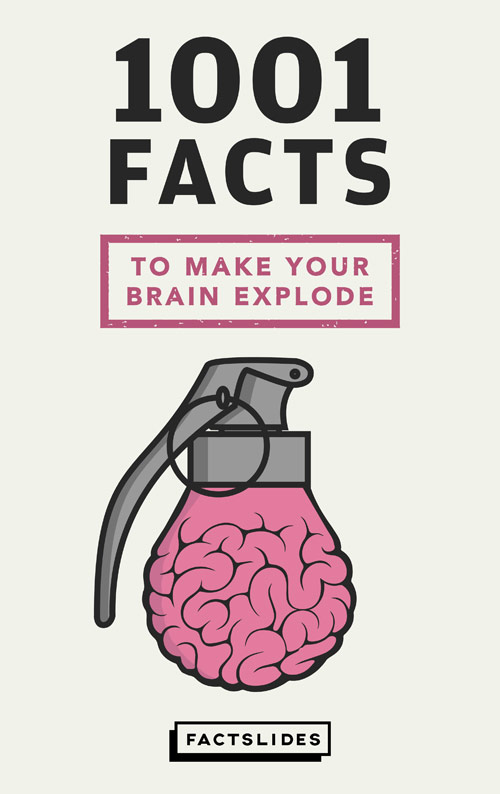Albert Einstein considered himself an agnostic, not an atheist.
♦ SOURCE
♺ SHARE
Einstein also stated he did not believe in life after death, adding 'one life is enough for me.' He was closely involved in his lifetime with several humanist groups.
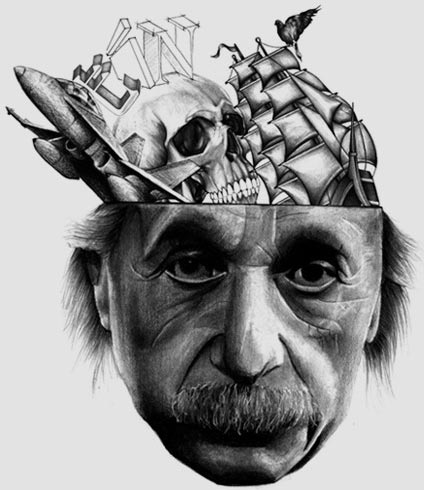
Einstein's great breakthroughs came from visual experiments performed in his head rather than the lab.
♦ SOURCE
♺ SHARE
For example, at age 16 he tried to picture in his mind what it would be like to ride alongside a light beam. If you reached the speed of light, wouldn't the light waves seem stationery to you? This experiments were called 'Gedankenexperiment' (thought experiments).
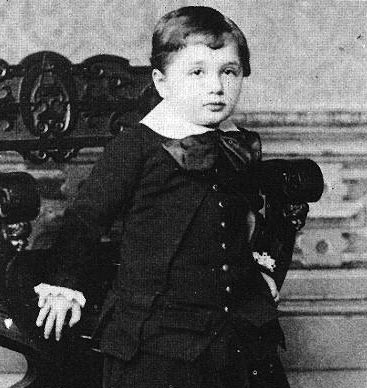
Einstein was a
slow learner as a child and spoke very slowly.
♦ SOURCE
♺ SHARE
His parents even consulted a doctor. He also had a cheeky rebelliousness toward authority, which led one headmaster to expel him and another to amuse history by saying that he would never amount to much.
The pathologist who made Einstein body's autopsy stole his brain and kept it in a jar for 20 years.
♦ SOURCE
♺ SHARE
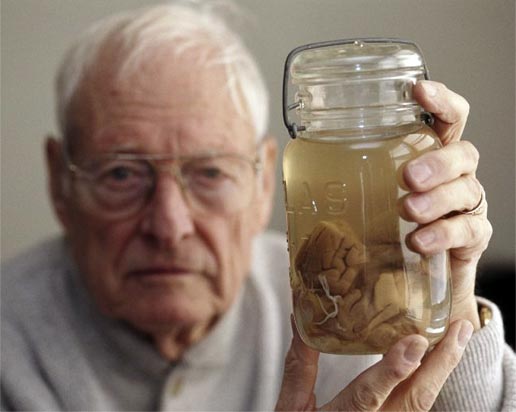
Einstein had asked for his ashes be scattered in secret to prevent his grave from becoming a place of pilgrimage, but Dr Thomas Harvey went further than simply identifying the cause of death (a burst aorta): he had sawed open Einstein's cranium and removed its celebrated contents 'for science'.
Einstein's troubled marriage to his first wife, Mileva Maric, dissolved in 1919 and he left her both the children and the prize money, which wasn't unrelated, as she had assisted Einstein with his work and often provided him a sounding board.
Einstein was offered
the presidency of Israel
which he politely declined.
♦ SOURCE
♺ SHARE
'I am deeply moved by the offer from our State of Israel, and at once saddened and ashamed that I cannot accept it. All my life I have dealt with objective matters, hence I lack both the natural aptitude and the experience to deal properly with people and to exercise official functions' he said.
Einstein Failed his University Entrance Exam and had to reapply a year later.
♦ SOURCE
♺ SHARE
In 1895, Einstein tried to get into the prestigious Federal Polytechnic School. He did outstandingly well in physics and mathematics, but failed the non-science subjects, doing especially badly in French, so he was not accepted.
Einstein never received a Nobel prize for relativity.
it was actually for the photoelectric effect.
♦ SOURCE
♺ SHARE
Albert Einstein received his Nobel Prize for 1921 one year later, in 1922, 'for his services to Theoretical Physics, and especially for his discovery of the law of the photoelectric effect.'
Einstein was famous
for having a bad memory.
He could not remember names,
dates and phone numbers.
♦ SOURCE
♺ SHARE
In science, this bad memory was partly an asset because he preferred to work from first principles rather than memorized results.

Austrian physicist Friedrich Hasenohrl published the basic equation E = mc2 a year before Einstein did.
♦ SOURCE
♺ SHARE
The similarity between those formulas led some critics of Einstein, up until the 1930s, to claim that he plagiarized the formula from Hasenohrl.
Albert Einstein's eyes remain in a safe box in NYC.
♦ SOURCE
♺ SHARE
Dr Thomas Harvey, who made Einstein body's autopsy, removed Einstein's eyeballs and gave them to Einstein's eye doctor, Henry Adams, who kept it in a safe deposit box for decades.
Yoda, from Star Wars, was modeled after the appearance of Albert Einstein.
♦ SOURCE
♺ SHARE
Stuart Freeborn, the make-up supervisor for the original Star Wars trilogy, added a bit of Einstein's eyes and wrinkles for that 'wise look' of the Jedi master.
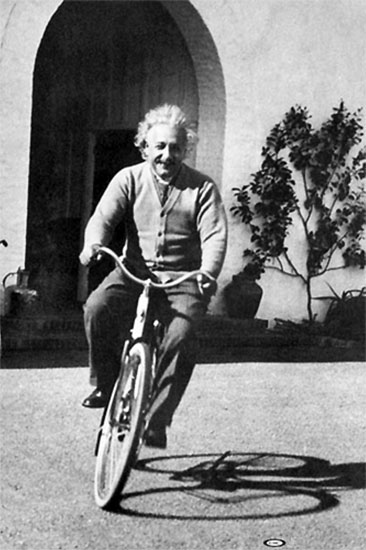
Albert Einstein had no car of his own and he also never learned how to drive.
♦ SOURCE
♺ SHARE
If he had to, he was driven by friends and relatives or their chauffeurs.
Albert Einstein didn't like to wear socks.
♦ SOURCE
♺ SHARE
Whether it was while out sailing or to a formal dinner at the White House, Einstein went without socks everywhere. To Einstein, socks were a pain because they often would get holes in them.

Albert Einstein's brain had a parietal lobe that was 15% larger than the average brain.
♦ SOURCE
♺ SHARE
Two structures, the left angular gyrus and supermarginal gyrus, were particularly enlarged. These areas, while known to have little to do with IQ, are linked to mathematical ability, visuospatial cognition and become highly active when making unusual associations on tests of creativity.

Galileo Galilei was Albert Einstein's favorite scientist.
♦ SOURCE
♺ SHARE
Einstein wrote: 'Propositions arrived at by purely logical means are completely empty as regards reality. Because Galileo saw this, and particularly because he drummed it into the scientific world, he is the father of modern physics—indeed, of modern science altogether.'
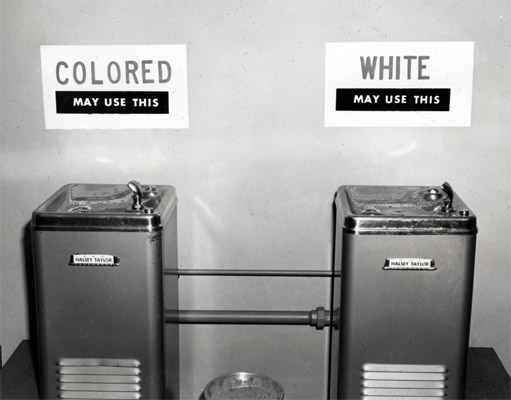
Albert Einstein denounced segregation, calling it a "disease of white people" and worked against racism in America.
♦ SOURCE
♺ SHARE
In 1946, the Nobel Prize-winning physicist traveled to Lincoln University in Pennsylvania, the alma mater of Langston Hughes and Thurgood Marshall and the first school in America to grant college degrees to blacks, where Einstein gave a speech calling out racism: 'I do not intend to be quiet about it.'
Hours before his death, Einstein was still
attempting to prove his Theory of Everything.
♦ SOURCE
♺ SHARE
As Albert Einstein lay on his deathbed, he asked only for his glasses, his writing implements and his latest equations. He knew he was dying, yet he continued his work.
In 1930, Albert Einstein patented a fridge. It was not a commercial success.
♦ SOURCE
♺ SHARE
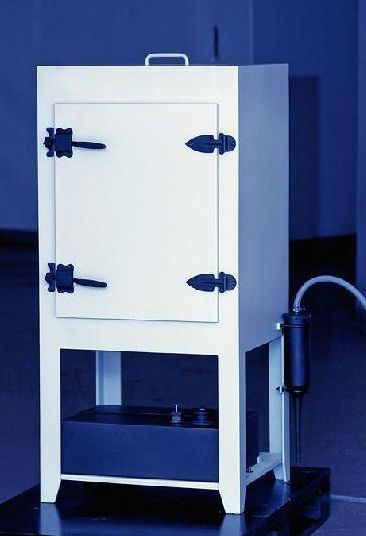
The Einstein refrigerator is an absorption refrigerator which has no moving parts, operates at constant pressure, and requires only a heat source to operate.

The Nazis placed a US$5,000 bounty on Einstein's head.
♦ SOURCE
♺ SHARE
Einstein's Berlin apartment was raided twice by the Nazis, in February and March of 1933. He eventually left Germany for the U.S.
Albert Einstein was among the 5,000+ people who signed a petition to overturn Germany's ban on Homosexuality.
♦ SOURCE
♺ SHARE
The petition, written by the Scientific-Humanitarian Committee, tried to repeal the criminalization of homosexuality and argued that male-male love is an aspect of virile manliness, rather than a special condition.
Some American officials, like FBI director J. Edgar Hoover, thought Albert Einstein was a soviet spy.
♦ SOURCE
♺ SHARE
Because of his controversial political beliefs-his support for socialism, civil rights, and nuclear disarmament, for example-many anti-Communist crusaders believed that Einstein was a dangerous subversive.
Albert Einstein cheated on his wife, belittled her scientific achievements, refused to help out around the house, and made her sign a contract in which she would agree to leave the room or stop talking if he told her to.
♦ SOURCE
♺ SHARE
When his 11-year marriage faced trouble, Einstein issued a list of outrageous rules that he believed would allow the two to remain together for the sake of the children.
Although he was a devoted pacifist, Einstein wrote a letter to President Roosevelt, urging him to prioritize the development of an atomic weapon before Nazi Germany.
♦ SOURCE
♺ SHARE
Einstein and other leading scientists said they were concerned that Nazi Germany could use nuclear energy to build an 'extremely powerful bombs of a new type' that could destroy entire ports. He later called the letter his 'one great mistake', having learned that Germany was never close to developing atomic bombs.
Albert Einstein renounced his German citizenship in the German Kingdom of Württemberg to avoid military service in 1896 and became stateless for 5 years. He acquired Swiss citizenship in February 1901, Austrian citizenship in 1911, and American citizenship in 1940.
♦ SOURCE
♺ SHARE
In the 1930s, Einstein had offers from several European universities, including Christ Church, Oxford where he stayed for three short periods and was offered a 5-year studentship, but in 1935, he arrived at the decision to remain permanently in the United States and apply for citizenship.

Einstein, Freud, Henry Kissinger and Sergey Brin, co-founder of Google, were all refugees.
♦ SOURCE
♺ SHARE
The list of famous refugees also includes Madeleine Albright, Marc Chagall, Gloria Estefan, Bob Marley, Leon Trotsky and Karl Popper.
When Albert Einstein published his Theory of General Relativity, the New York Times sent their golfing correspondent to interview him.
♦ SOURCE
♺ SHARE
The NYT correspondent, Henry Crouch, assured readers that Einstein had written a book (actually a paper) which 'only 12 men in the world could comprehend'.
Albert Einstein famously said that "if the bee disappeared off the surface of the globe, man would have only four years to live."
♦ SOURCE
♺ SHARE

However, some commentators are skeptical about this ascription.
Albert Einstein walked 3 miles a day while Darwin went for three 45-minute walks every day.
♦ SOURCE
♺ SHARE
Einstein’s daily walk was sacred to him. While he was working at Princeton University, New Jersey, he’d walk the mile and a half journey there and back.

The record number of people dressed like Einstein in one place is 404.
♦ SOURCE
♺ SHARE
The group of 404 people set a Guinness World Record in Toronto in 2017, beating the previous record by 99.

The only woman in Einstein's physics class at Zürich Polytechnic married him.
♦ SOURCE
♺ SHARE
Mileva Maric was a Serbian physicist and mathematician and the first wife of Albert Einstein from 1903 to 1919.
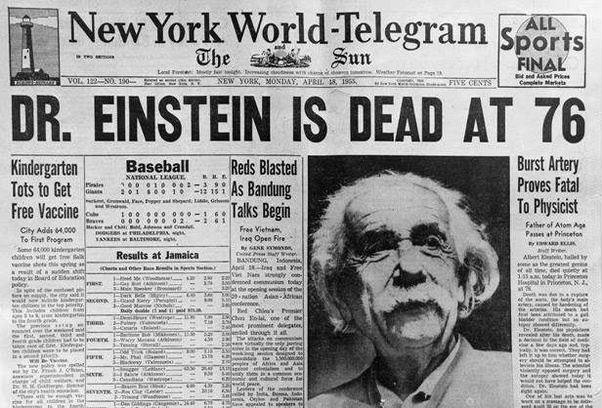
Albert Einstein's last words were spoken in German to a nurse who didn't speak German and are lost for ever.
♦ SOURCE
♺ SHARE
At 01:15 in the morning of 18 April 1955, Albert Einstein mumbled a few words in German to a Pirinceton Hospital nurse, took two breaths, and died.












